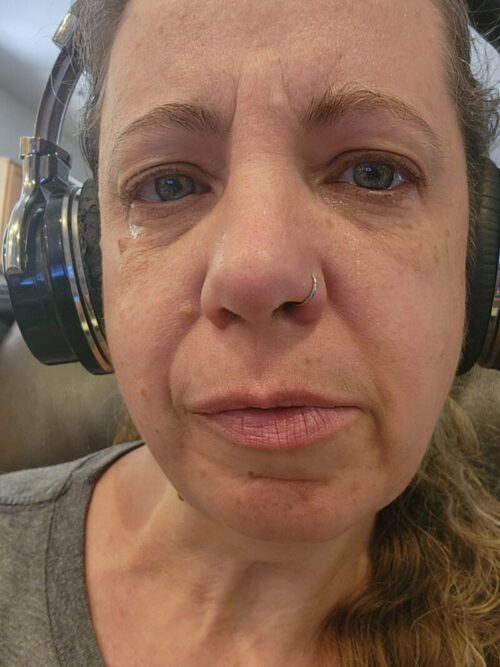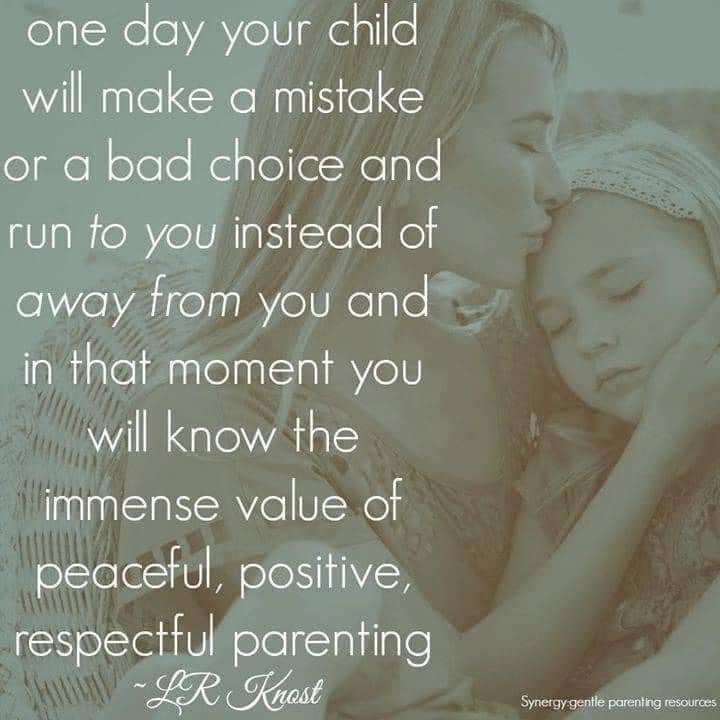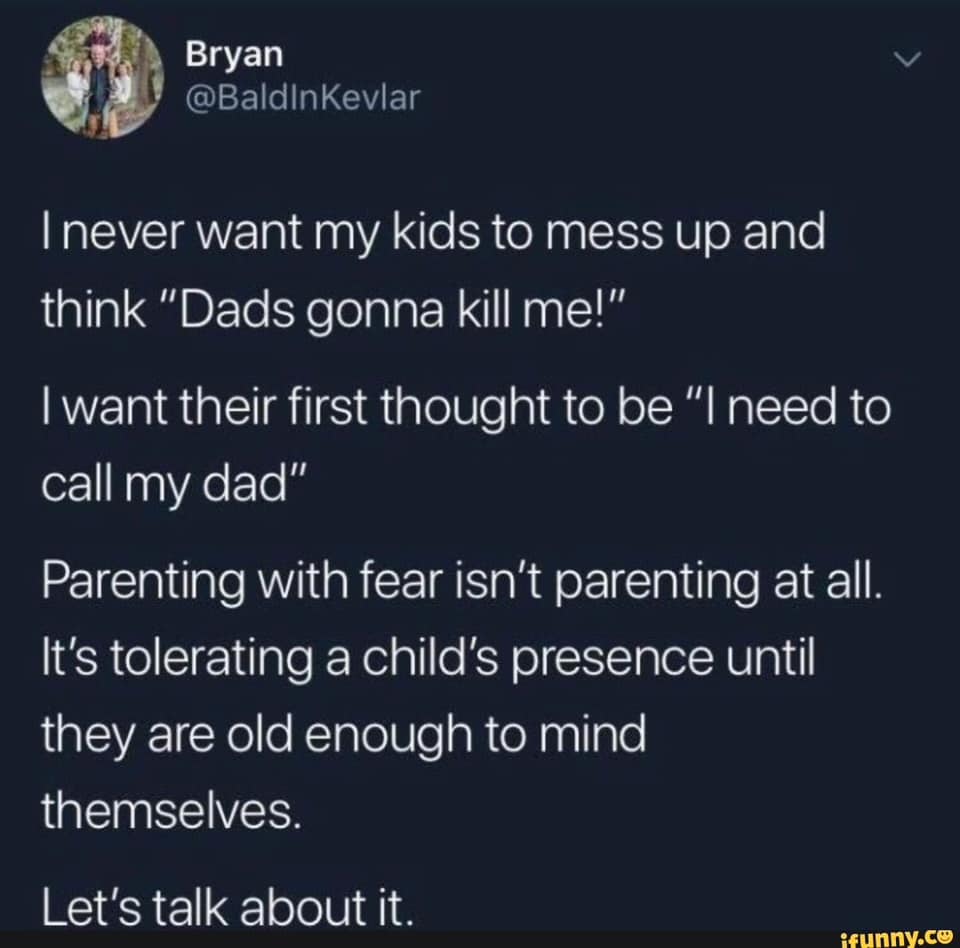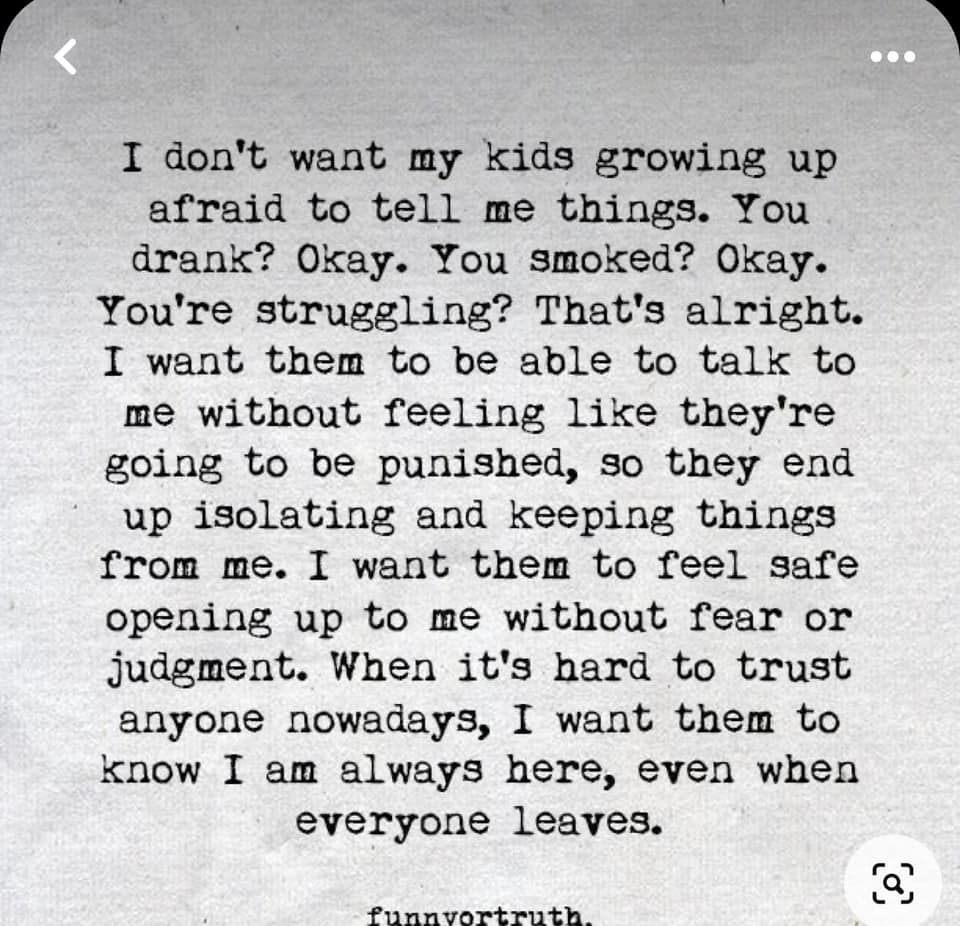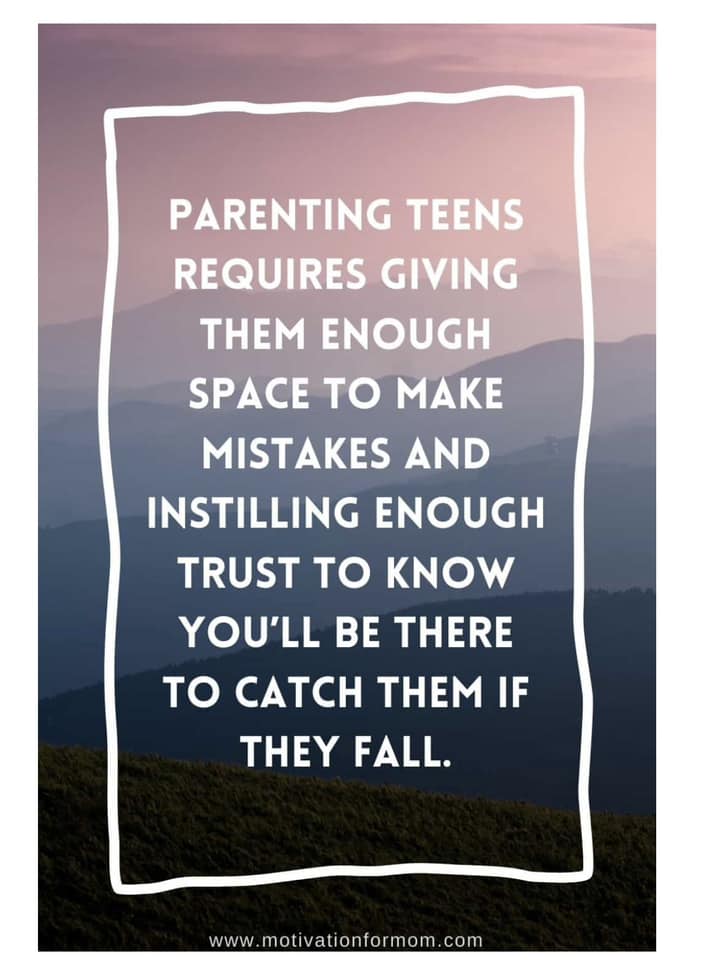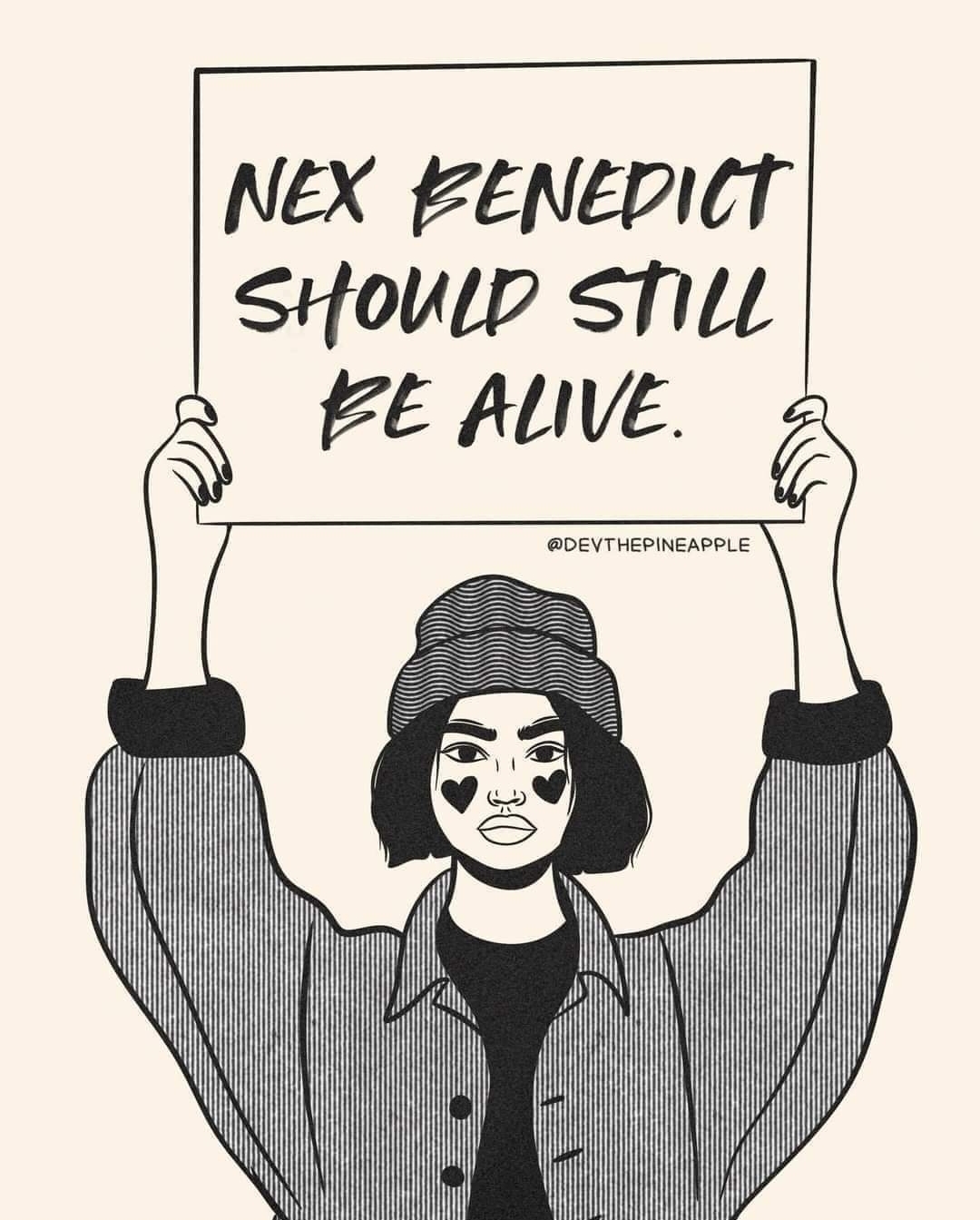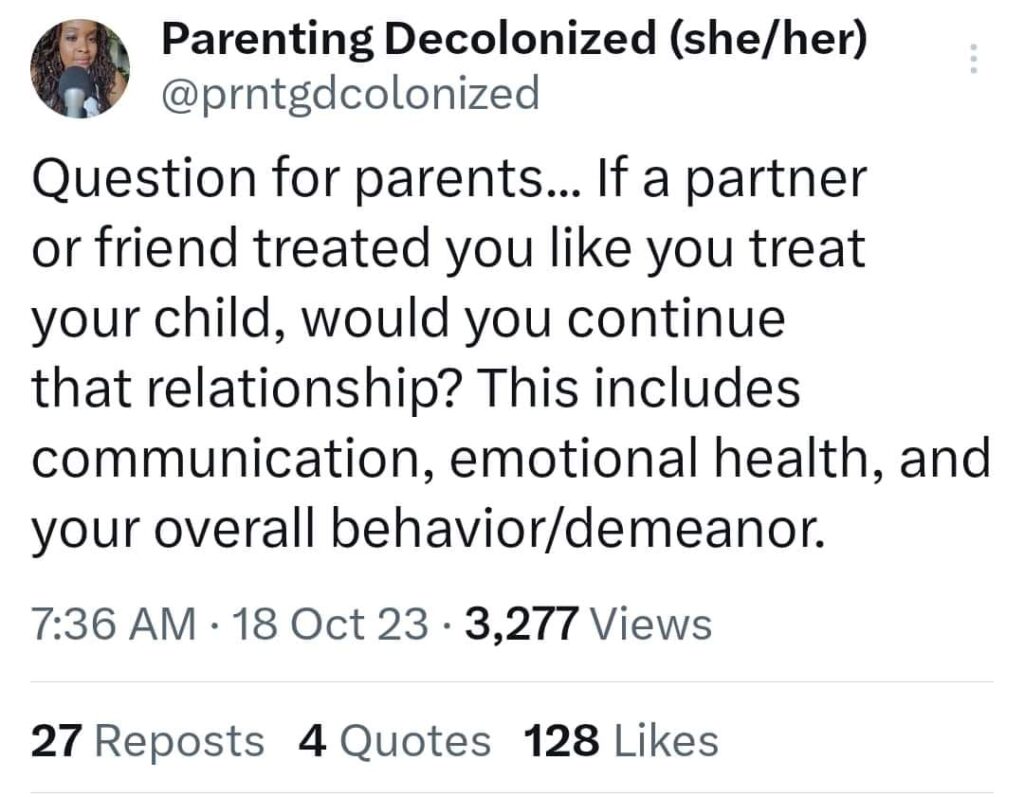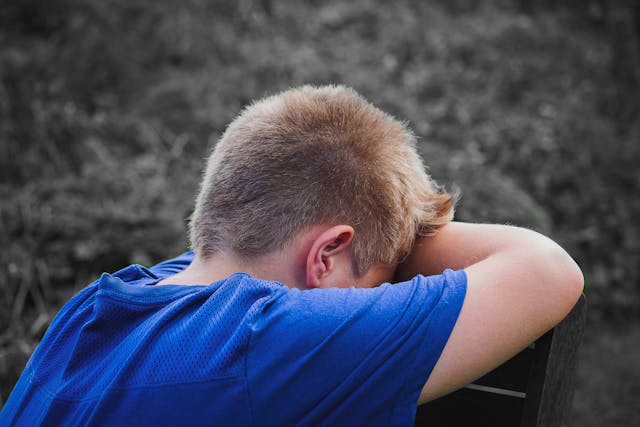
I have been a parent for over 27 years. I could write a thousand blog posts about the wonderful parts of being a parent. A 12 page essay. A screenplay. An entire tome. Being a parent has been, hands down, the most meaningful and rewarding thing I’ve done in my lifetime.
Ah but those hard parts…
There are definitely a few, but the biggest one for me – by a very, very large margin – is when my kids are hurt in some way and I cannot fix it. I honestly can’t think of anything that makes me feel more beaten down, more helpless, or more despondent. I HURT, deep in my bones, when my kids hurt. And I would rather it was me, ten times over, if it meant my child could be spared.
It holds true for both physical pain and emotional pain, but I would personally give preference to physical pain (of course barring things like serious and/or chronic illness/injury) any day. When a child has a broken bone – something I’ve dealt with with 50% of my kids – there’s a fairly predictable path to healing. They gradually recover, and get a little better each day. Tegan recently had her wisdom teeth out. She had a couple of miserable days, but otherwise recovered quickly, with no issues or complications. She went out with her friends just a few days later. I hated that she was in pain, of any kind, but I knew she’d be just fine.
Emotional pain though? It’s not clear-cut. It’s messy. There is no “normal.” It sometimes gets worse before it gets better. In the thick of it it feels like it will never get better. It cuts deep and swift and ruthless, sinking down down down until it sits like an anchor at the bottom of your heart. The old adage (which was said to me a lot when I was younger because I was “too sensitive”) of “Sticks and stones may break my bones, but words will never hurt me,” is one of the stupidest phrases of my generation. Words do hurt. Actions hurt. Human behaviors, rising up out of human flaws, hurt.
One of my kids is going through something incredibly painful right now. It started sometime around the end of January and got progressively worse as the weeks, and eventually the months, wore on. Each and every time we had a glimmer of hope and thought, “okay, NOW it will start to get better”, the universe decided to up the ante and double-down. It’s now exponentially worse than January (March had plot twists that nobody saw coming) and while I know there will eventually be a resolution, it feels desperately, desperately out of reach at the moment.
When I first sat down to write this, I was planning on giving some vague highlights – or lowlights as it were – about what’s going on. But I decided I don’t need to. The details are not all that important in the context of this blog post, and don’t change my point. What I will say though:
People can be so, so hurtful. Even if it’s unintentional. Even if they have no idea that they’re doing it. People don’t realize that others have feelings, and that it hurts when they get trampled on. They don’t realize that their actions and their words affect other people. They’re not careful with each other.
We. We’re not careful with each other.
And I would attribute at least a little bit of it to being young and still figuring out how the world works, but there’s actually an older adult involved as well. So it’s not really a young people thing. It’s a human thing.
It’s messy. And hard. And devastating.
AND THERE IS NOTHING I CAN DO ABOUT IT.
I can’t control other people. I can’t make it go away. I can’t even really give advice if I’m asked because I’m just as flummoxed about the whole thing as my child.
What I can do – truly the only thing I can do – is be there. To climb in next to them, with the pain and the confusion and the heartache, and sit. I’ve never liked the wording for the practice of “holding space” for someone (I don’t know why) but it’s more than apt in this case. Holding space means being fully and supportively present, sitting with them through their pain. It means listening when they want to talk, being patient through the silence, and meeting their pain without judgment, without trying to fix it, and without trying to affect the outcome. It means literally giving them the safe space to feel their feelings, as long as they need.
(I think I just talked myself into liking the phrase.)
But I can’t do anything else. I so badly wish I could, but I can’t. Just like with Tegan’s wisdom teeth, I can’t take away the pain. She just needed to heal. She just needed time. And just like the wisdom teeth, I can sit beside them, watch over them, offer my presence and my support and my ear (and maybe another jello)…
And then just hope and pray it’s enough.


